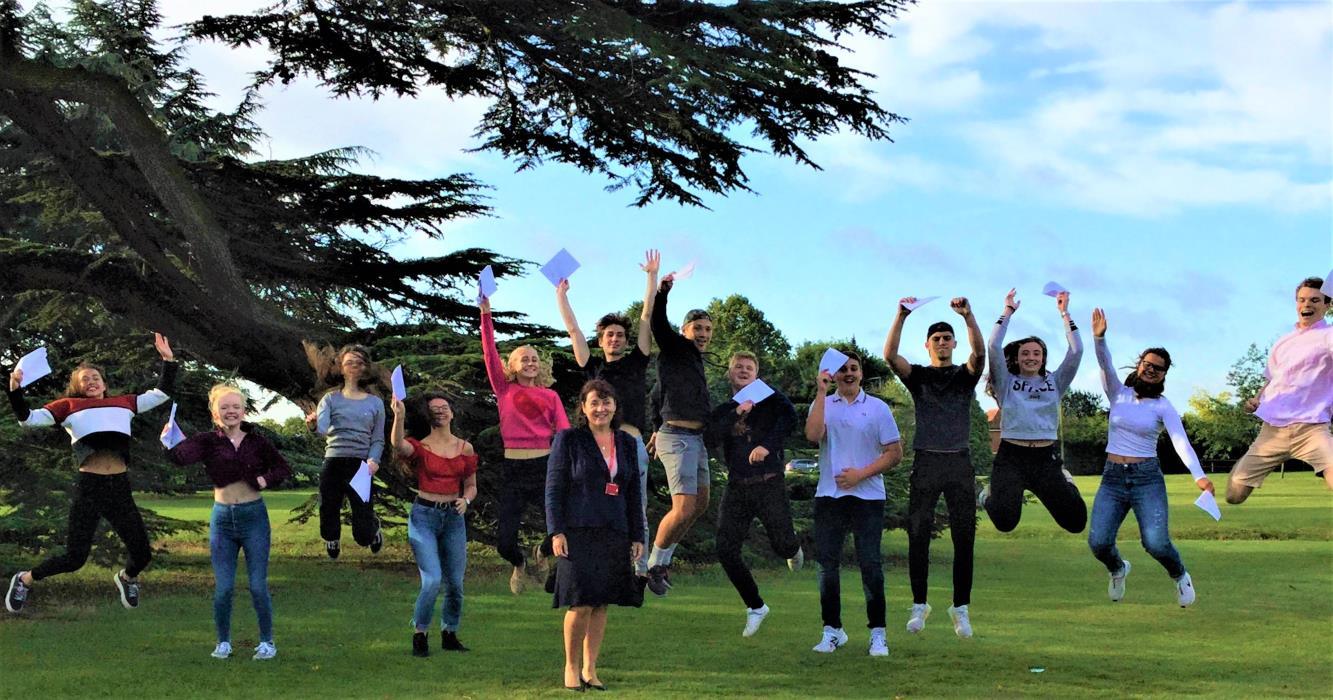INTERVIEWS & ADMISSION TESTS Once upon a time, all prospective university students were interviewed as part of the application process. Today, an interview is relatively rare. This is mainly because so many more students are going to university and it is simply too expensive to interview them all. Essentially, all Oxbridge, Medicine, Dentistry and Veterinary candidates should expect to be interviewed along with some lawyers, some physiotherapists, some nurses, most teachers and some creative/art subjects (who are likely to require a portfolio of work). The following section therefore is of main concern to these groups. Before the interview • Request a mock interview through School (see Mrs Tompkins who can arrange for this to happen) • Organise your transport so that you get there in good time; there is nothing worse than rushing or arriving late. • Dress appropriately; you do not need to wear a suit since smart casual is acceptable. • Read the university prospectus and information about the department and course very carefully. • Re-read your personal statement and UCAS form; many interview questions are based on this. • Prepare answers for obvious questions e.g. why have you chosen this course, what has attracted you to this university, what are your strengths and weaknesses (go easy on the weaknesses), where do you see yourself in 10 years’ time, what qualities go into making a successful doctor/lawyer etc. • Be prepared to discuss specific interests you have, books you have read, newspapers you read or places you have visited connected to your chosen course. • If you are applying for a course that you have not studied before e.g. Law, make sure that you have a decent grasp of the subject before the interview. During the interview • On the day, try to look calm, cheerful and reasonably relaxed. A firm handshake, eye contact and a smile will always go down well. • Do not try to bluff in the interview; they may well see through you in seconds. If you do not know an answer, say so. • Be engaging and enthusiastic; they like candidates who show a genuine interest in their subject. • The interview is unlikely to come in the form of a ‘grilling’. Rather, interviewers aim to put the candidate at ease and want to discuss their thoughts and ideas. • You will often be asked at the end of the interview whether or not you have any questions; have one or two ready to ask BUT do not ask questions on topics covered in the material already sent to you by the university. • Beware of body language – avoid playing with your hair (a possible sign of flirtation) and do not cover up your mouth (a possible signal of lies). Page | 22
Issuu converts static files into: digital portfolios, online yearbooks, online catalogs, digital photo albums and more. Sign up and create your flipbook.














